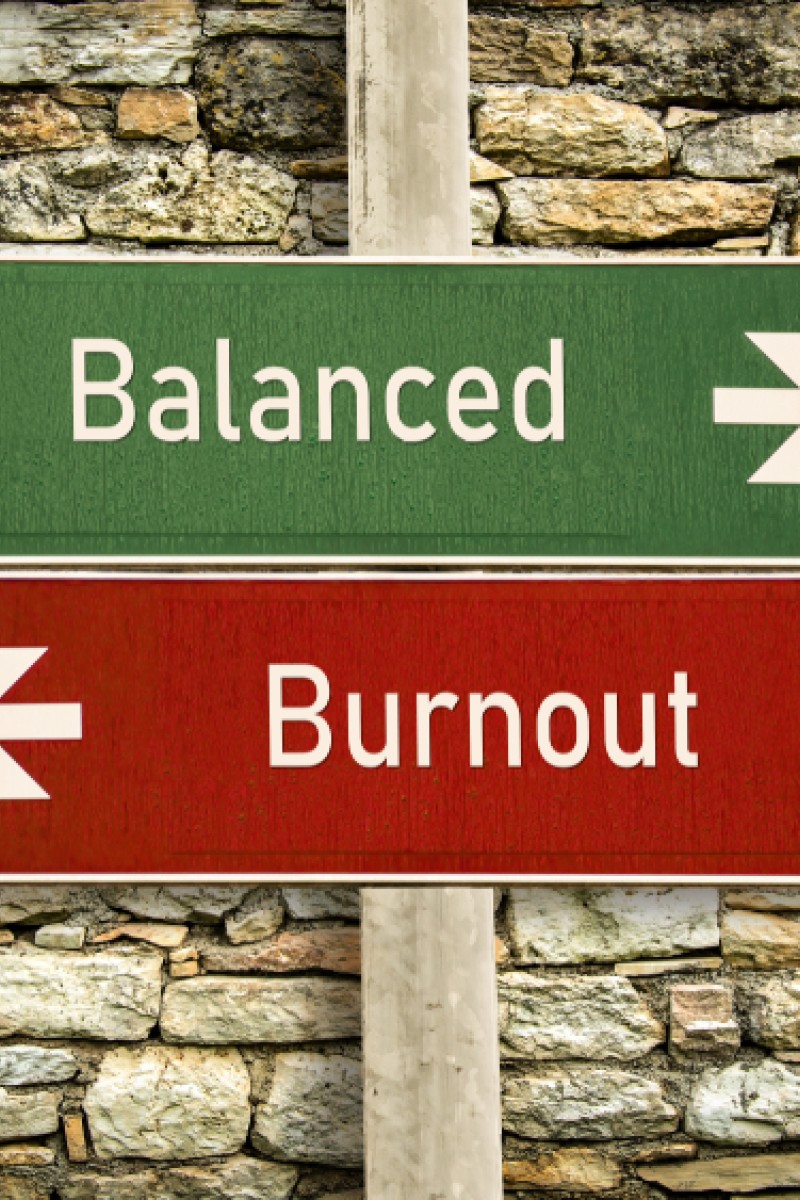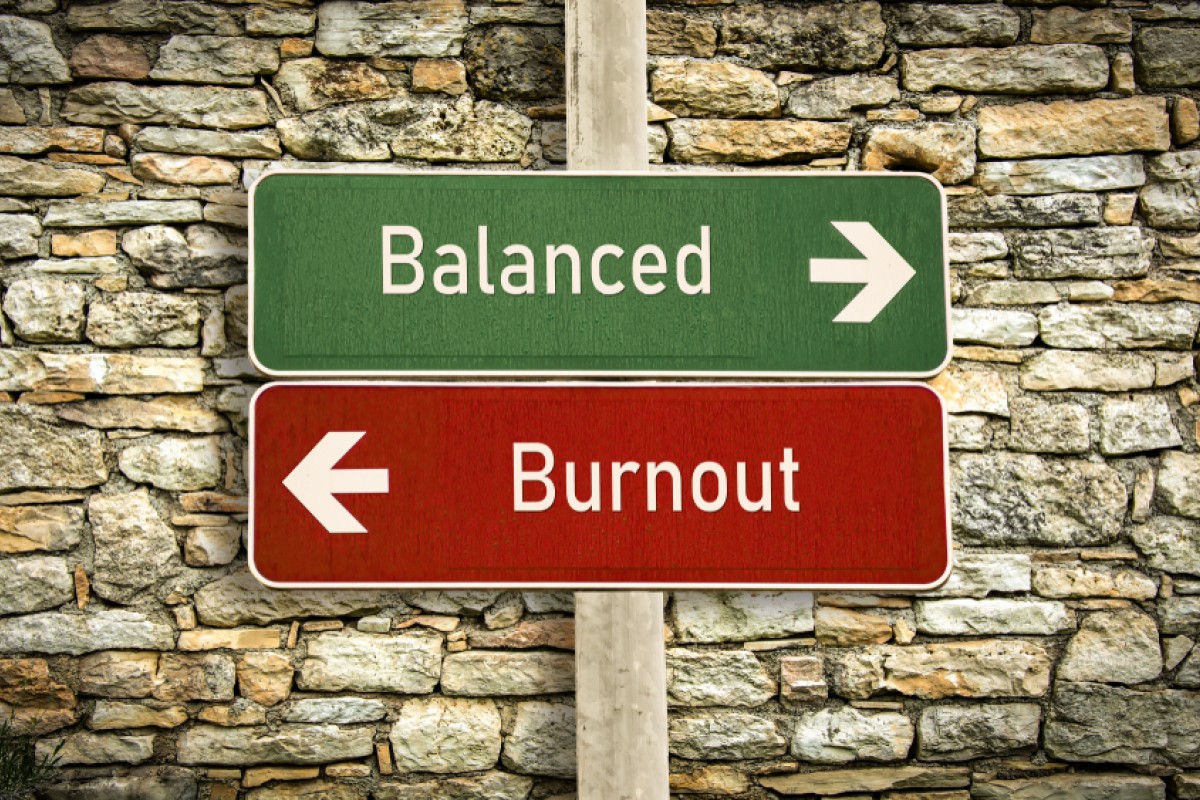
Avoiding burnout: How to know whether you’re “doing enough”
Recognising your own progress, rather than comparing yourself to others, is key to personal growth

“Do you ever feel like you’re not doing enough?” my friend asks me, late one night while we are sitting in her room catching up on a Netflix series. The two of us have just returned from club meetings, in a week packed with classes. When a day feels so busy, a moment of quiet at the end of it can be a shock to the system.
I pause for a while before responding, “I think everybody feels a little bit like that here.” I definitely do. After spending my first semester cramming my schedule with activities, I keep being tempted to add more. I catch myself glancing over other people’s shoulders at their calendars, at the neat rows of colour-coded blocks organising every minute of their lives.
At Yale, it sometimes feels like all of the most over-committed people from your high school have been funnelled into one campus.
We assess our own value – our personal accomplishments and success – in relative terms. When we are barely keeping up with our homework, extracurricular activities, and jobs, we wonder how others seem to have the time to do even more.
I think part of this comes from the knowledge that we are lucky to be here; to have access to classes, professors, and communities that we once could hardly have imagined. With so many new resources available to us at university, there is pressure to take advantage of every opportunity you come across.
There is also a level of guilt that comes with socialising when you know there is something more “productive” that you could be doing. Yet you feel left out when you stay in your dorm finishing homework while others are out. It is a paradoxical balancing act.
8 top self-improvement tips that will help you live a happier, more productive life
That is not to say that I am not grateful for all of the resources that university has to offer. I am proud to be part of a community where people are trying new activities and learning from each other’s passions.
I just want to avoid being burned out like so many of my friends were last semester. For me, overcoming burnout was a matter of developing a clearer sense of my own dreams. Learning to see myself as a member of a far larger community beyond the commonly referred to “Yale bubble” helped me recognise my own progress and room for growth.
I realised that for every person I compared myself to, somebody else was probably wondering how I got where I am today. I am still learning to define my successes in terms of my own personal growth.
It can be difficult to overcome a culture rooted in comparison. However, I have found that convincing myself to value my successes has made me feel more content and at home here on campus.
